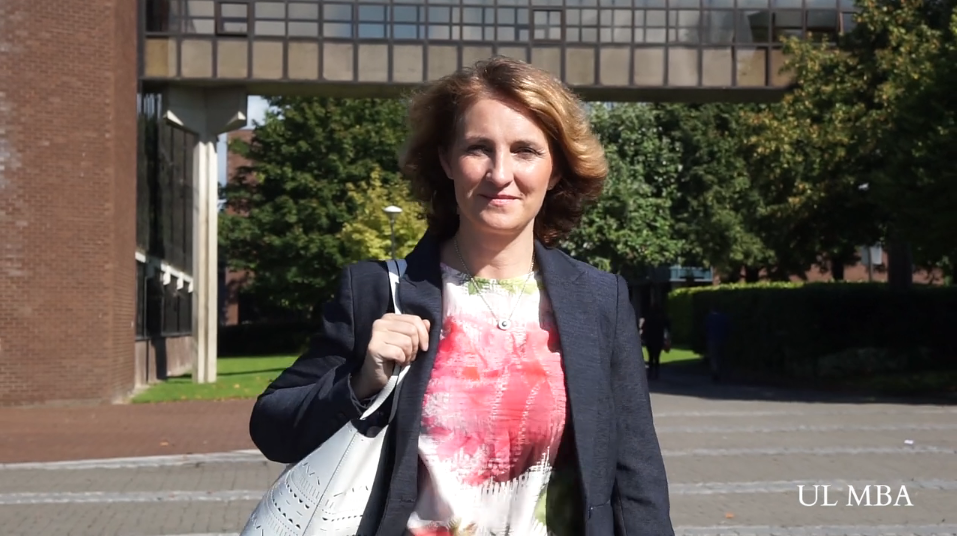
While developing the leadership capacities of business leadership is seen as integral to improving performance and effectiveness in such organizations, these efforts can face significant challenges in practice. In today’s world, leaders have never been so prominent or important. However, to fully prepare business leaders for the many challenges facing them, there is a need to abandon the traditional beliefs regarding the very meaning of leadership.
The emergence of shared leadership
There is a move in the practice of conceptualising leaders as “glorified heroic figures who single handed save the day” to an alternative view of leadership as incorporating both self and shared leadership. The importance of shared leadership has been recognised in many different contexts from health care to corporate management teams and even the military.
Central to the concept of shared leadership is the empowerment of all members of the organisation to leverage their full potential. This is somewhat complicated though as this type of external leadership (empowering and enabling others) can only be achieved if we engage in more inward focused leadership, that of self-leadership (Stewart et al, 2011).
Learning to lead from within
Self-leadership has been identified as one of the most valuable leadership values, yet is perhaps one of the least discussed. Neck and Manz (2010, p.4) define self-leadership in broad terms as ‘the process of influencing oneself’. Ultimately, the concept derives that until a person can learn to lead themselves effectively, they will never be able to lead others effectively.
This process can involve a wide range of strategies including self-management of beliefs/assumptions, self-observation, self-motivation and self-reward (Stewart et al, 2011). Central to asserting self-leadership are the ability to demonstrate self-awareness and self-knowledge; being conscious of your strengths while also acknowledging what you have still to learn and the areas where you need to improve or delegate.
You should seek to consistently learn how to improve, accepting rather than defending feedback and admitting and taking responsibility for mistakes and use them as an opportunity to learn also.
Mastering self-leadership is a critical ingredient of asserting competitive advantage in today’s business environment. Where a business leader displays strong self-awareness and self-leadership skills, they can be far more effective in their role, in helping to strengthen the organisation and achieve desired business outcomes.
Self-aware, self-leading managers can collaborate more successfully, accept accountability, understand their limitations, keep an open mind, maintain self-discipline, overcome insecurities, trust in themselves and others and be assertive, yet show empathy. These are the exact type of people who are the driving force behind high-performing organisations.
Helping MBA students to embrace self-leadership
To develop self-aware leaders, it is necessary for any Executive MBA programme to highlight the important role of self-leadership and help learners to develop this critical skill area.
Undertaking an Executive MBA programme should effectively ensure a journey of self-leadership discovery for candidates.
While a predominant focus is placed on developing team and organisational leadership skills in most MBA programmes, the nurturing of self-leadership skills can take a back seat. However, UL recognises that a well-rounded, effective leader must also be able to demonstrate self-leadership and so we have tailored and shaped our part-time, Executive MBA programme to ensure it directly helps candidates to develop their self-leadership skills.
Self-reflection is a critical element across the programme and each module encourages the development of critical self-leadership skills, helping students to identify strengths and demonstrate personal effectiveness, build on weaknesses and learn how and when to delegate tasks among groups, hold accountability for decisions and positively adapt and respond to change.
Developing Complete Strategic Leadership Skills
In particular, the Executive MBA programme at UL features a core module on Strategic Leadership which rethinks what we mean by leadership and the importance of identity and self-awareness in leadership development. The module offers a complete leadership learning experience, touching on each and every aspect of leadership, rather than neglecting critical values like self-leadership.
The role of emotions in the process of leadership is addressed by considering the use of positive and negative emotions in leadership, and focusing on the emotional intelligence capabilities of effective leaders. Stepping aware from the norm of MBA leadership modules, students consider leadership through a “meaning-making” lens and consider the context in which transformational leadership takes place.
There are a number of practical elements which participants are to explore and consider, including knowing yourself as a leader both in terms of areas of development and strengths (triggers of identity as a leader, self-awareness, leadership styles, self-assessments, 360 feedback); how to develop individual leaders and developing leadership capacity in organisations.
What kind of leader will you emerge?
Professionals predominantly choose to undertake an MBA to develop their leadership skills and more to a senior, leadership role. However, you need to consider what type of leader you wish to emerge.
After undertaking an MBA programme, you don’t just want to emerge as a team leader, an operational leader, a sales leader or a strategic leader. You should wish to emerge from an MBA as a complete leader.
To be a truly effective, well-rounded leader, your MBA experience needs to offer more than the opportunity to lead groups and learn how to direct others. It needs to present a journey where you learn how to lead yourself.
About the author:
Dr. Sarah Mac Curtain teaches Organizational Behaviour on the part-time, Executive MBA programme at University of Limerick and is also Course Director of the MBS in Human Resource Management. Her continuing research interests include top management teams, trust and organizational performance, bullying, employee stress and well-being, organisational climate and innovation and she has co-authored multiple publications inclusive of books, monographs, book chapters, journal articles and conference papers
References: